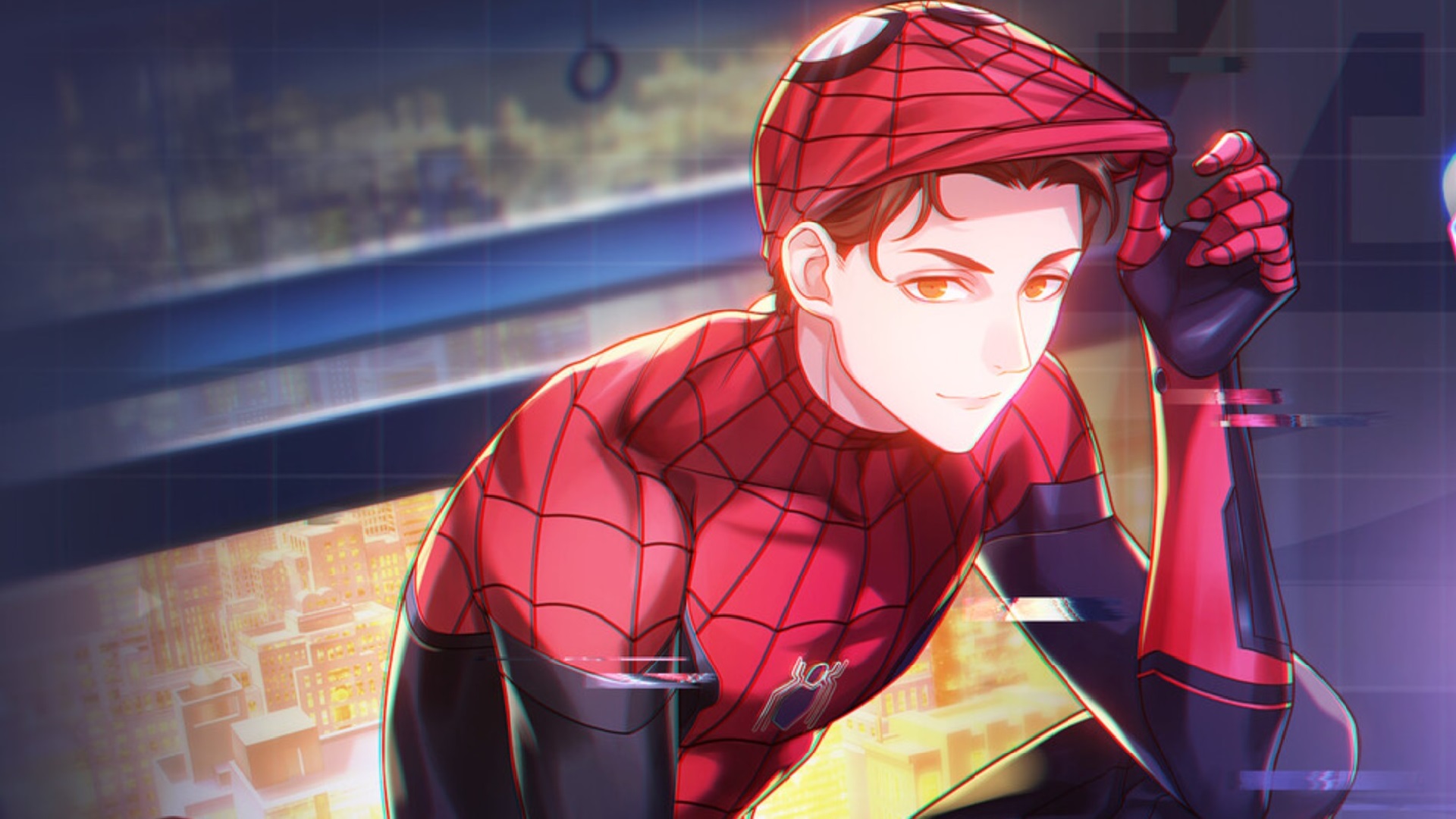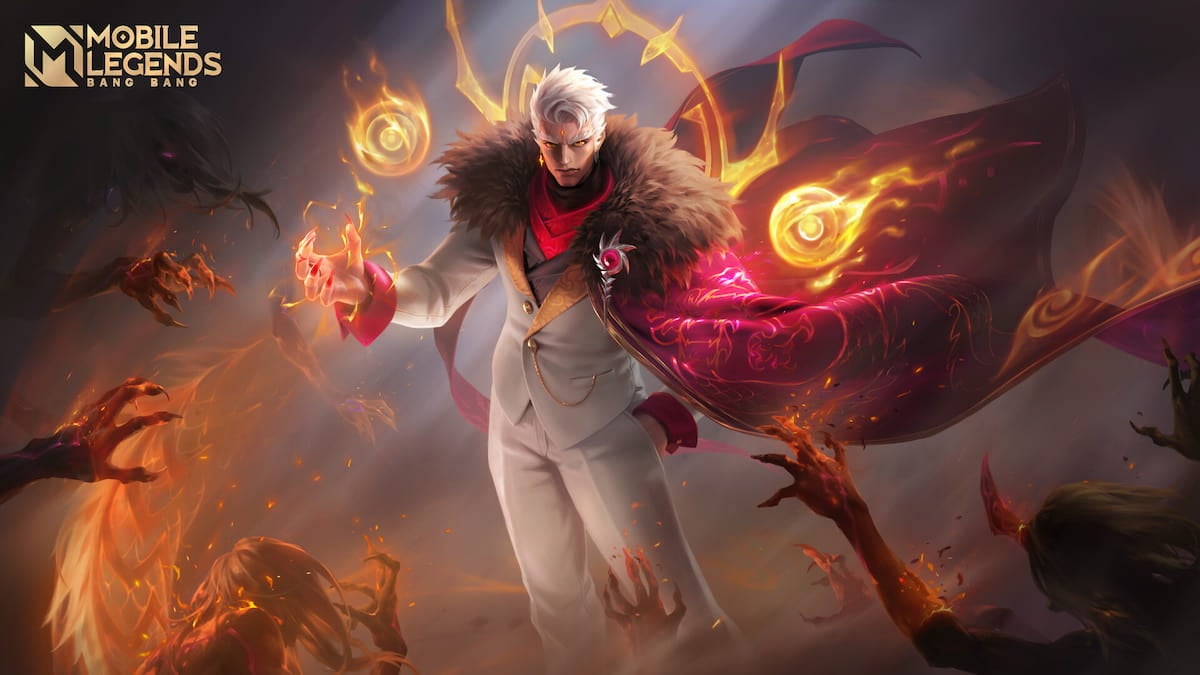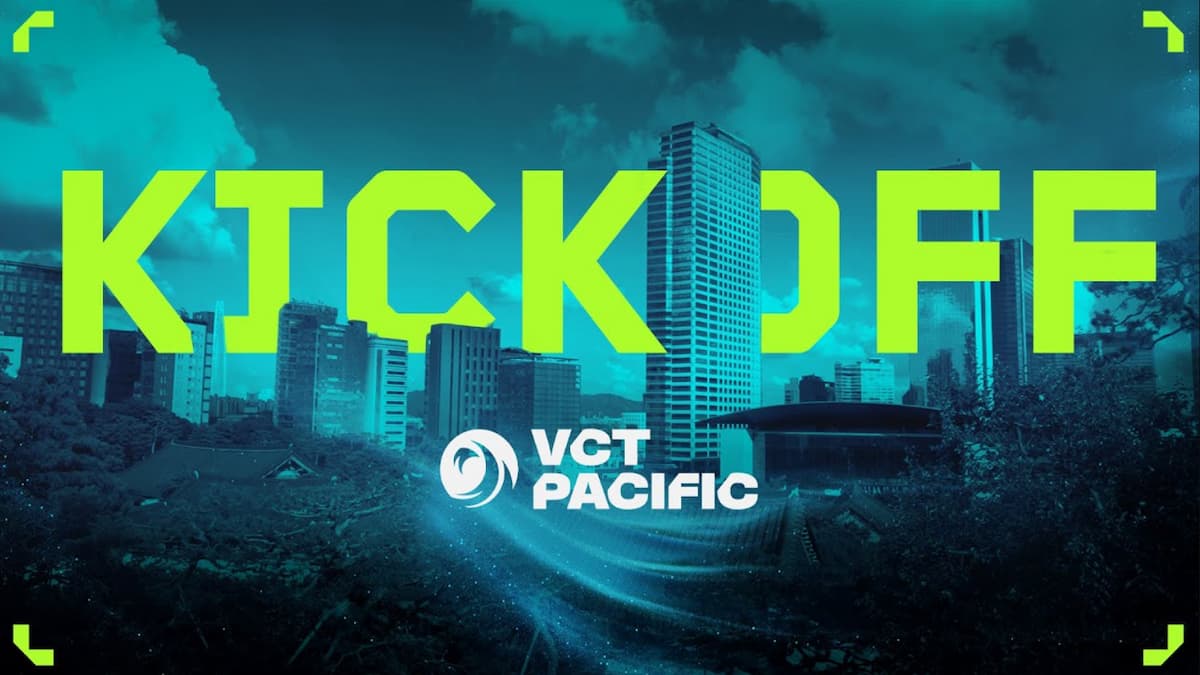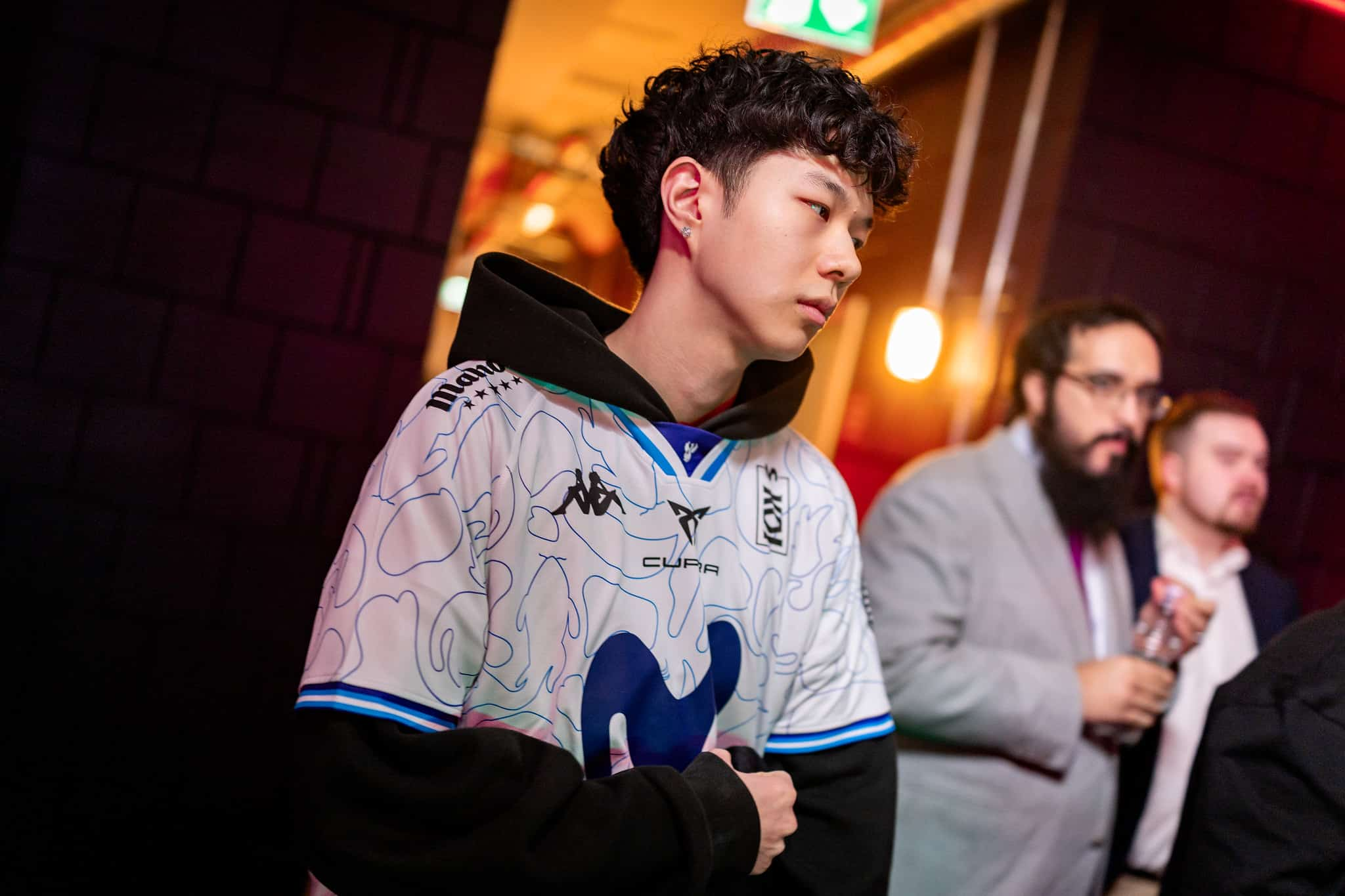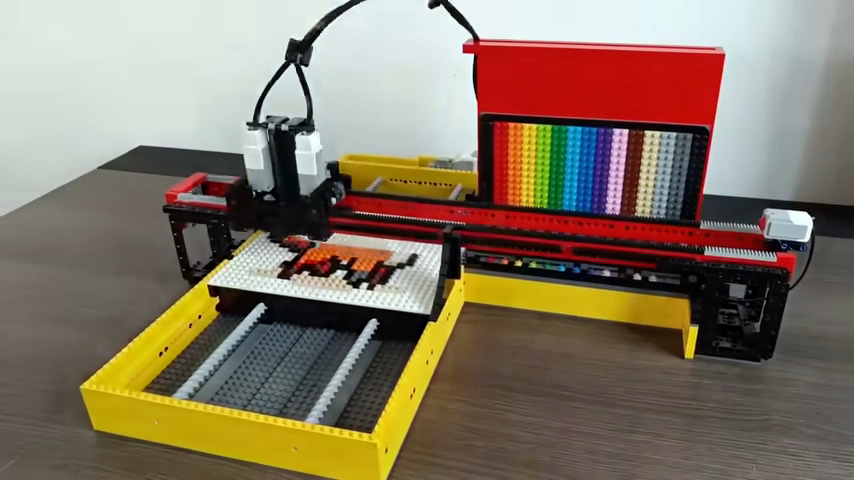
Calm yourself, my inner child. It's just pretty colors, and... oh screw it, it's great.
LEGO was a big part of my childhood, and I’m sure many of you can relate. There was something about those clicky, clunky little blocks snapping together to create chunky versions of whatever you could picture in your head. A creative freedom that was impossible to resist.
Was? Ah, who am I kidding—I still buy LEGO to this day, and it’s just as satisfying. However, human creativity these days has a contender, and that comes in the form of generative AI. YouTube channel Creative Mindstorms has built a “printer” of sorts out of Lego Mindstorms components that takes advantage of our new AI opponent, in this case, Open AI’s DALL-E 3.
Essentially, the process goes like this: A custom program sends user text prompts off to the AI with the instruction to create an image. Once the image is generated and received, the program then converts it into a 32×32 pixel version with colors that match the LEGO range. This is then “printed” by the latest of Creative Mindstorm’s attempts to create LEGO-based printing machines, charmingly named “Pixelbot 3000”.
Anyway, Pixelbot 3000 is the result of multiple iterations along the way. The original plan was to use 1×1 LEGO plates as substitutes for pixels on a 16×16 plate. However, 16×16 isn’t a lot of resolution, so instead the machine was reconfigured to use four of them linked together, to create a 32×32 grid.
Drawing off the experience of creating a previous, pen-holding LEGO bot, this plate was then configured to slide on two spiral-shaped shafts for better stability and uniform movement.
The “pixel plate” feeding mechanism is an optimised version of another builder’s design, in this case improved by the use of LEGO Technic lift arms, and is used to smoothly distribute different colors of 1×1 plates into a tray, where they’re then lifted by a picking mechanism. These pieces are then distributed in the right places across the base plate as it’s fed underneath.
The end result? LEGO-printed images that look so good, you could hang them on your wall.
Chalk this one up to a fusion of human determination and creativity with that old “power of AI” we keep being told about. Oh, and the flexibility of the sadly-discontinued LEGO Mindstorms kits—with the odd Technic part, too, of course.

